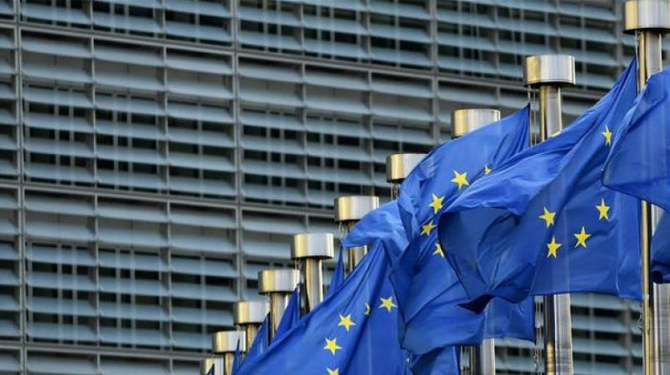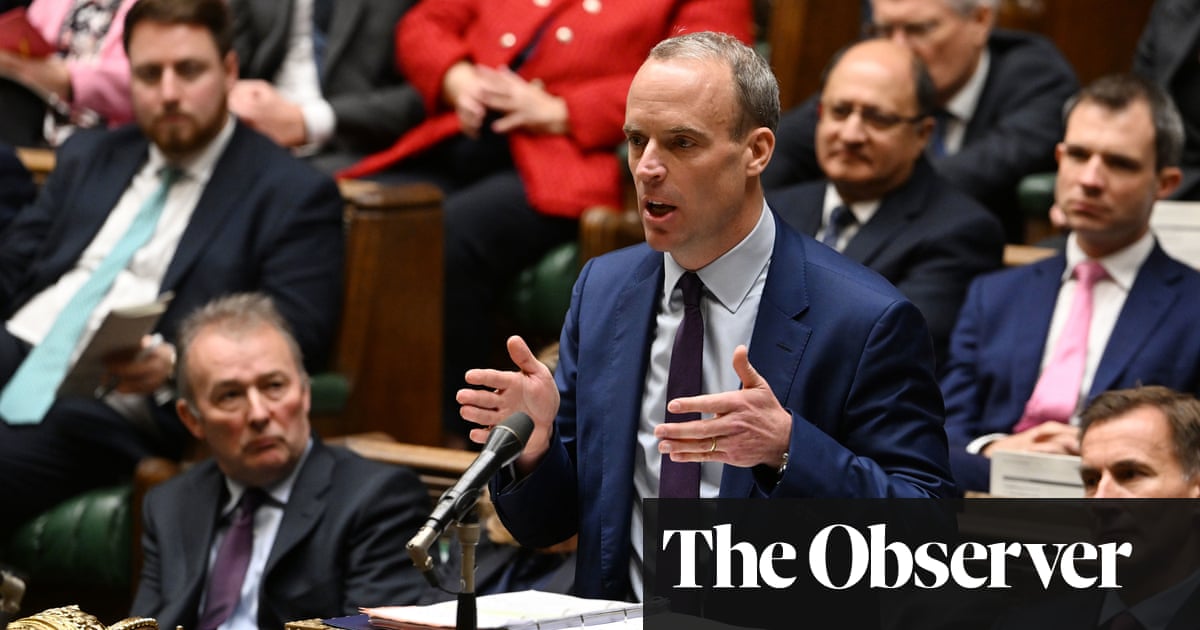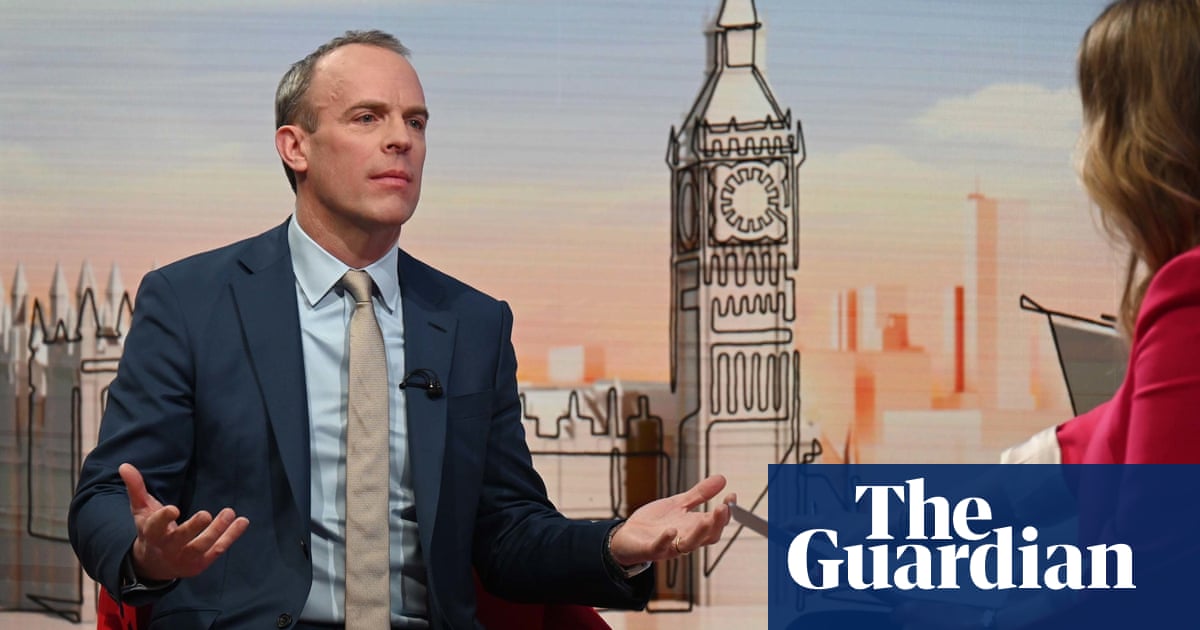
Dominic Raab has pledged that the controversial merger of the Foreign Office and Department for International Development (DfID) will give taxpayers better value for money on government aid spending.
The foreign secretary has ordered a review into the Independent Commission for Aid Impact (ICAI), the body for overseeing government aid, in a move he said would lead to “more effective and accountable aid spending” when the new Foreign, Commonwealth and Development Office (FCDO) is formally launched next week.
He said the body would continue to scrutinise the UK’s spending on development, which totals around £13bn annually, but that he wanted it to “focus on making clearer, evidence-led recommendations to guide future government decision-making”.
Raab said the ICAI would be instructed to “prioritise producing tangible, evidence-based recommendations to ministers to drive effective overseas development spending”.
The decision to fold DfID back into the Foreign Office after being independent for more than 20 years has attracted criticism, with critics claiming that the move would make aid-spending less effective and weaken the UK’s global standing. However, Raab said the integration of the international aid budget with “diplomatic clout” would “maximise the impact of our foreign policy”.
“That’s why I want to reinforce the role of ICAI, to strengthen further transparency and accountability in the use of taxpayers’ money and relentlessly focus our global Britain strategy on policies and in areas that deliver the most value,” he said.
The UK budget for official development assistance was set to total around £15.8bn this year, but the economic budget of the coronavirus pandemic caused the government to reduce that figure by £2.9bn. Despite the cuts, the foreign secretary said the UK would maintain its statutory commitment spend 0.7% of gross national income on overseas aid.
Three ex-prime ministers are among those who have accused the government of jeopardising the UK’s international standing by combining the two departments. David Cameron, Gordon Brown and Tony Blair all condemned the merger, which Cameron said would mean “less respect for the UK overseas”.
The Labour leader, Keir Starmer, has echoed this, saying that “abolishing DfID diminishes Britain’s place in the world”, and accused the government of using the merger as a distraction.
Poverty charities have also raised concerns about the impact of the merger on the aid sector, with Oxfam GB’s chief executive, Danny Sriskandarajah, saying that aid should not be combined with political goals.












